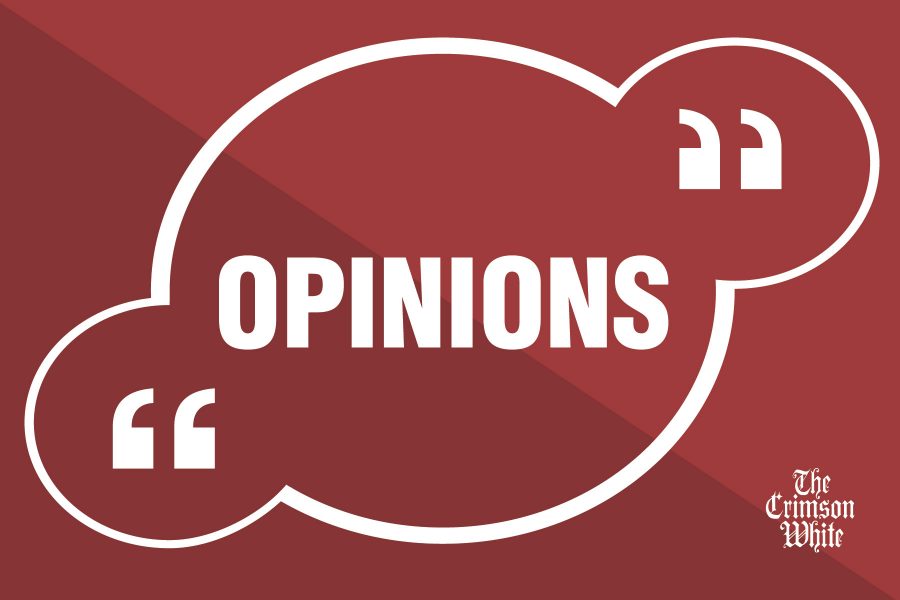In an age of social media obsession, instantaneous access to news (fake and otherwise), and the words “like,” “basically” and “extra” meaning things they were never intended to mean, it should not come as a surprise that we have adopted constant crisis as a state of normalcy. The “crisis culture” is as pervasive as it is ridiculous, erasing expectations of just about anything remaining apolitical. From awards shows to halftime shows, the message is clear: anyone with a platform of any kind must denounce President Trump and his supporters in the strongest possible terms at all possible times. Taylor Swift was recently attacked for being a “fair-weather feminist” for merely tweeting support for the Women’s March, rather than selling her soul to its organizers. Lady Gaga, by far the most talented woman I’ve ever seen dressed as an egg, was attacked by many for not taking the political stand many expected of her at the Super Bowl 51 Halftime Show. Celebrities, whose political insight is valued only by each other, cut PSA videos in which they all repeat the same word three times and urge people to action to resist against the evils of a presidency three weeks into its existence.
At the heart of this Quixotic camaraderie is the notion that disaster is constantly immediately around the corner. This belief is driven in large part by the media, who seem to have a vested interest in the failure of the Trump administration. Many on both sides of the aisle have worked to establish this crisis culture diligently and deliberately. The phrase “constitutional crisis” has never been so misused. Constitutional crises in the past have included Marbury v. Madison, Roosevelt’s threat to pack the court, state secession, etc. A President challenging a judge, as Trump did by calling Judge James Robart a “so-called judge,” is not an existential threat to the separation of powers. President Obama engaged in similar behavior in his 2010 State of the Union, and again in 2015 when he suggested that the Supreme Court was in the wrong for even hearing King v. Burwell, a case that challenged the legality of Affordable Care Act subsidies. Furthermore, the notion that the executive branch and district or appellate courts are coequal is inherently false, as lower courts only exist by mandate of the legislative branch. At the conclusion of this supposedly terrifying and disastrous display of disregard for the separation of powers, President Trump was defeated again in the Ninth Circuit Court of Appeals (albeit with questionable legal logic), and elected not to appeal to the Supreme Court. Apocalyptic disaster averted, the constitution lived on to fight until its next existential crisis.
Aside from the irresponsibility of the media suggesting the sky is falling every time they remember who is occupying the Oval Office, it is inescapably self-defeating. The media wearing the mask of martyrdom does nothing to advance their cause. They seem to believe that they will be able to defeat Trump with bad press. That line of thinking did not work during the campaign, and yet they insist that it will lead their chosen candidates to victory in 2018 and beyond. The American people, the ones who actually do the voting and electing, do not care if Trump is mean to the media. Why should they? An adversarial relationship between the government and media is a hallmark of our republic. The American people recognize that it is the job of the journalist to investigate and report on the government. The media, however, frames every Trump lie as a lie to the press rather than the people. The president has skillfully maneuvered himself into a battle with an entity that boasts a lower approval rating than the plague. Rather than establish themselves as the representation of the people and insist Trump is lying to the American citizenry, they fall on their swords and act aghast that the president could ever lie to them. They act personally slighted rather than professionally concerned, prompting the American people to ask, “Who cares?” The press has created an elevated platform for itself, placing their own feelings and sentiments above those of the American people.
Our society’s tendency towards the dramatic is alarming, but the tendency towards the catastrophic is downright dangerous. We cannot allow every cabinet appointment with virtually no autonomous power (Betsy DeVos), executive order (temporary travel ban from seven countries), and tweet (“so-called judge”) to cause such intense anguish. “The Resistance,” named as if it is 1939 in Nazi Germany, must find a way to oppose what they disagree with, acknowlege what they do agree with, and ignore what is largely irrelevant (which constitutes the vast majority of what goes on in Washington). The sun will come out tomorrow regardless of what the President tweets. This constant outrage, faux or otherwise, will lead directly to the degradation of our political fiber. It will lead to a stifling of intellectual honesty and an outright rejection of civil debate. When we lead ourselves down the road of post-factual society, we sow the seeds for the destruction of a society grounded in reality.
Nicolas Briscoe is a senior majoring in history. His column runs biweekly.









